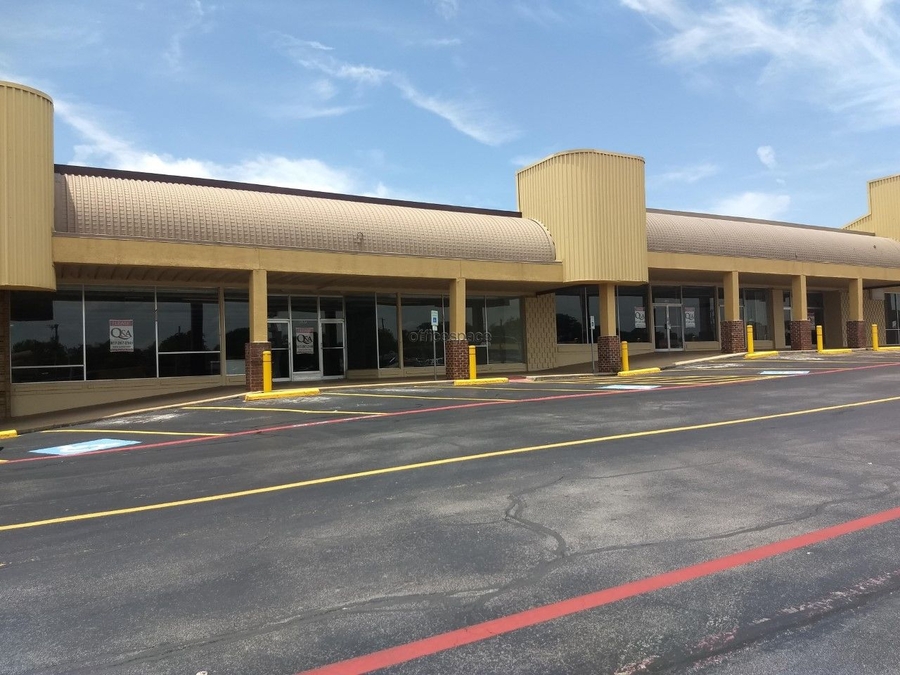Texas Cities Lead the Way in Eliminating Parking Mandates to Spur Development

Summary
An American nonprofit called Strong Towns recently published an article entitled 'Campaign to Eliminate Parking Mandates Coming to Florida Legislature.' According to the article, while Florida struggles to respond to recent population growth, parking mandates have increasingly become a deterrent to new development, especially in urban areas. Nelson Stabile, president of the Builders Association of South Florida, said that the cost of parking requirements is particularly steep in cities like Miami where each space can add as much as $30,000 to a construction project. In Haltom City, a similar situation exists, where city regulations seem to deter, rather than encourage, investment. For the past several years, the Haltom United Business Alliance (HUBA) has been asking city leadership to create a Concept Plan to help turn things around. Due to the inaction of the city council, HUBA founder Ron Sturgeon has launched a campaign called MakeHaltomCityThriveAgain in order to educate citizens and point out the urgent need for council members who will dedicate themselves to the issues at hand.
Full Article
The movement to eliminate parking mandates is gaining traction across Texas, with cities such as Austin and Dallas taking bold steps to remove these regulations. This shift is part of a broader national trend aimed at reducing the financial burden on developers and encouraging the construction of more affordable housing. According to industry experts, parking requirements can significantly increase the cost of construction projects, particularly in urban areas where space is at a premium.
In Austin, the abolition of parking mandates has already shown potential to transform the city's development landscape. Similarly, Dallas is considering following suit, recognizing the potential benefits for both the construction industry and the broader economy. The move could also address the issue of rising commercial vacancies in areas like Haltom City, where outdated parking regulations have been identified as a barrier to investment.
The implications of these changes are far-reaching. By reducing the cost and complexity of development projects, Texas cities are not only making it easier to build new housing and commercial spaces but are also taking a significant step towards addressing the state's affordability crisis. This policy shift reflects a growing recognition of the need to adapt urban planning practices to meet the demands of a rapidly changing economy and population.

This story is based on an article that was registered on the blockchain. The original source content used for this article is located at 24-7 Press Release
Article Control ID: 86973
